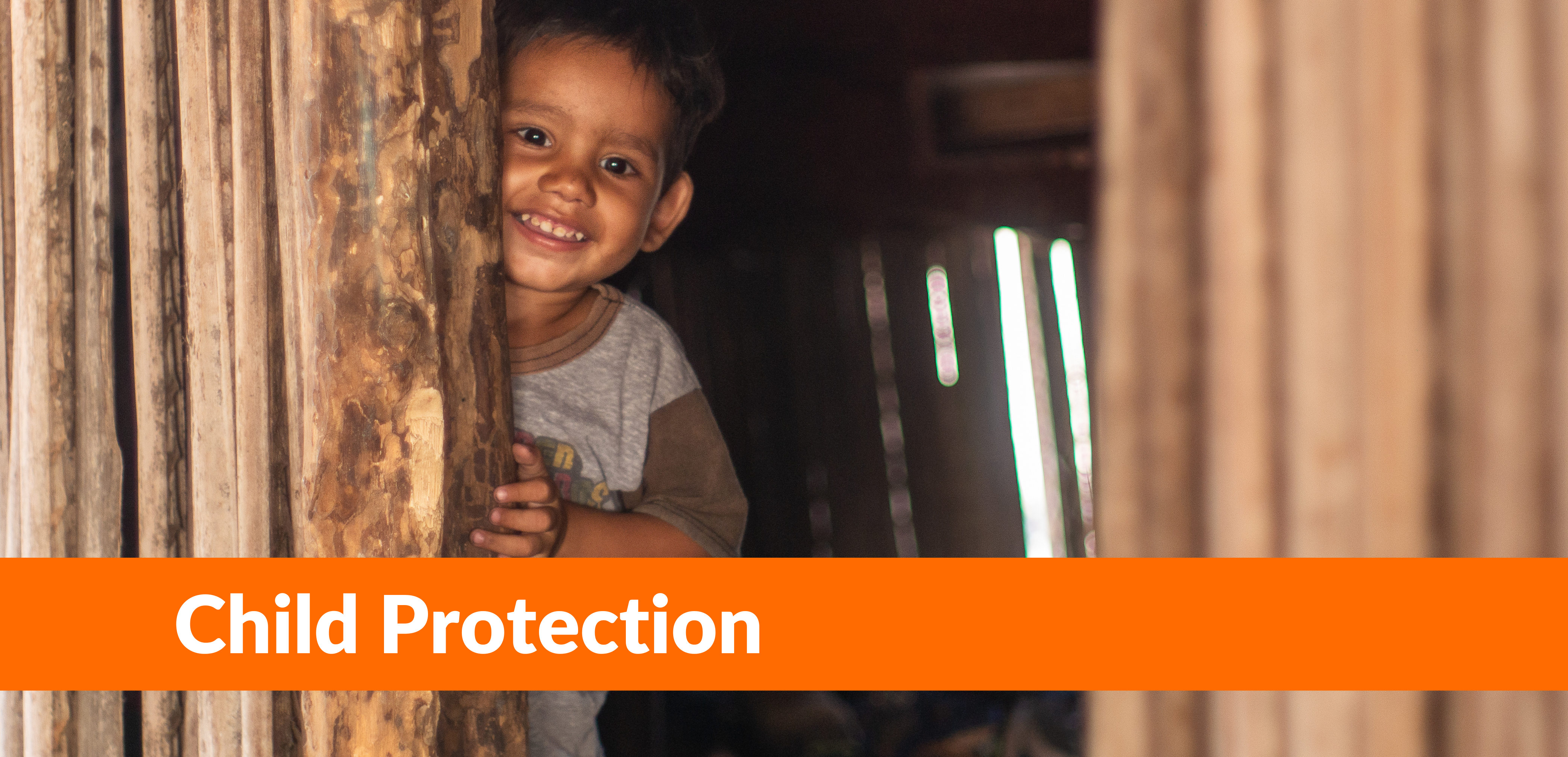After 12 years of conflict, the Syrian crisis remains one of the world’s largest refugee and displacement events of recent times. Girls and boys who are now IDPs in Syria, or refugees in host countries, are experiencing a worsening humanitarian situation that is making them highly susceptible to various protection risks. Child, Early and Forced Marriage (CEFM), child labor, lack of access to education and different forms of physical and psychological abuse or exploitation, are some of the challenges Syrian refugee and displaced children face on a daily basis due to compounded socio-economic crises, conflict, and displacement. Children with Disabilities (CWD) – whether physical, intellectual, hearing, visual, or speech – are at risk of being further marginalized and face additional challenges, particularly in Northwest Syria and Lebanon where significant barriers to inclusive education remain.
Through mixed research methods that include surveys with 144 caregivers and parents of CWD in Lebanon and Northwest Syria – as well as Focus Group Discussions (FGDs) with children with and without disabilities, caregivers and teachers – this study has found that, despite ongoing challenges and hardship, the importance of inclusive education is still recognized by Syrian communities in Northwest Syria and Lebanon.





